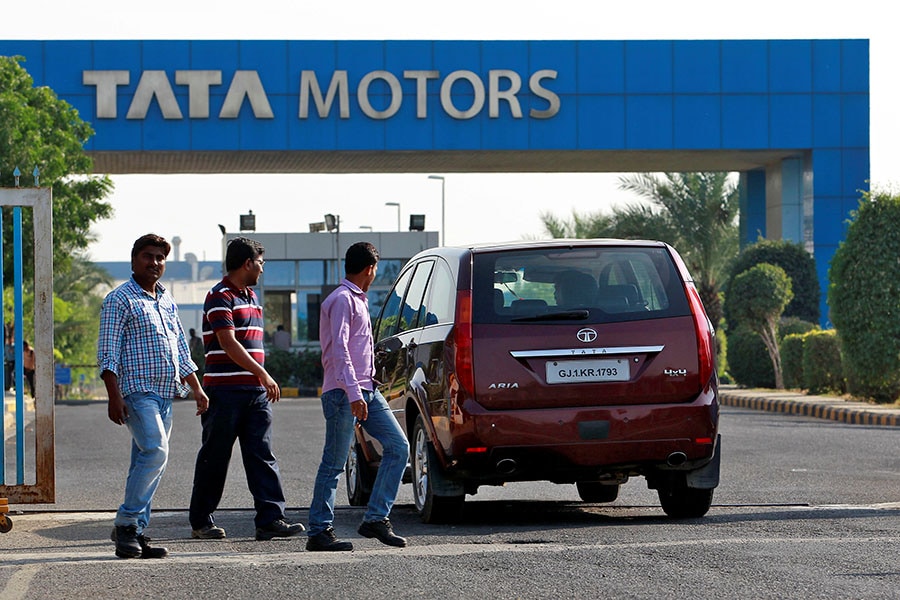
Simply Speaking: Why brands need to be woke by design
Great brands are a force for positive social change. They design their businesses and products to address social issues. This brand-as-business approach to bettering the world is a profound leap forward in supporting the case for capitalism as a practical way to a better world
 Tata Sons was founded in 1868 and the founders planted the seeds of the philanthropic trusts which now own two-thirds of the Tata group. Image: Amit Dave/Reuters
Tata Sons was founded in 1868 and the founders planted the seeds of the philanthropic trusts which now own two-thirds of the Tata group. Image: Amit Dave/Reuters
As a student and practitioner of marketing sociology I believe that driving positive social change is one of the most distinguishing marks of great brands. Any business can contribute some resources to causes. But, to run a business such that it makes a significant, sustainable positive impact on society, by design, is special.
Tata Sons was founded in 1868 and the founders planted the seeds of the philanthropic trusts which now own two-thirds of the Tata group. It is an economic powerhouse effectively anchored in its commitment to charity. A diversified global enterprise, philanthropic at its core. In the Tata group, CSV is an initiating vision. Society is a vital fourth stakeholder alongside shareholders, employees and customers.
John Hume, recipient of the Nobel Peace Prize, the Gandhi Peace Prize and the Martin Luther King Award commented “During a time of global challenge and change, it is more vital than ever that the practice of business be underscored by a clear and thoughtful, environmentally responsible, person centred ethic….Tata provides a fascinating study of how a clear ethical code can ensure that business serves the need of communities rather than communities serving the needs of business.”
In his book “The greatest company in the world? The Story of Tata”, Peter Casey notes that there is simply no other business like the Tata group – a company whose bottom line is doing the right thing for society. “Jamsetji's commitment to philanthropy, his dedication to serving the needs of others and to improving the lives of all, his intense Indian patriotism, his innovative approach to practically everything, his refusal to compromise on ethics, his commitment to public transparency, his embrace of independence within a core corporate community, his passion for setting massive goals and doing great things, his aim to create evolutionary and enduring transformation, and his style of servant leadership-each of these, through time, has continued as a theme in the narrative of the company he founded.”
The outdoor clothing retailer Patagonia ran one of the most unusual Black Friday ads in the history of the New York Times on November 25, 2012. A full-page ad declared in large, bold lettering: “DON’T BUY THIS JACKET.” The text below the image of its most popular jacket explained that the holiday season was a good time to consider the environmental impact of modern consumerism. “Because Patagonia wants to be in business for a good long time, and leave a world inhabitable for our kids—we want to do the opposite of every other business today. We ask you to buy less and to reflect before you spend a dime on this jacket or anything else.” That’s gutsy, impactful and vision aligned all at the same time.







